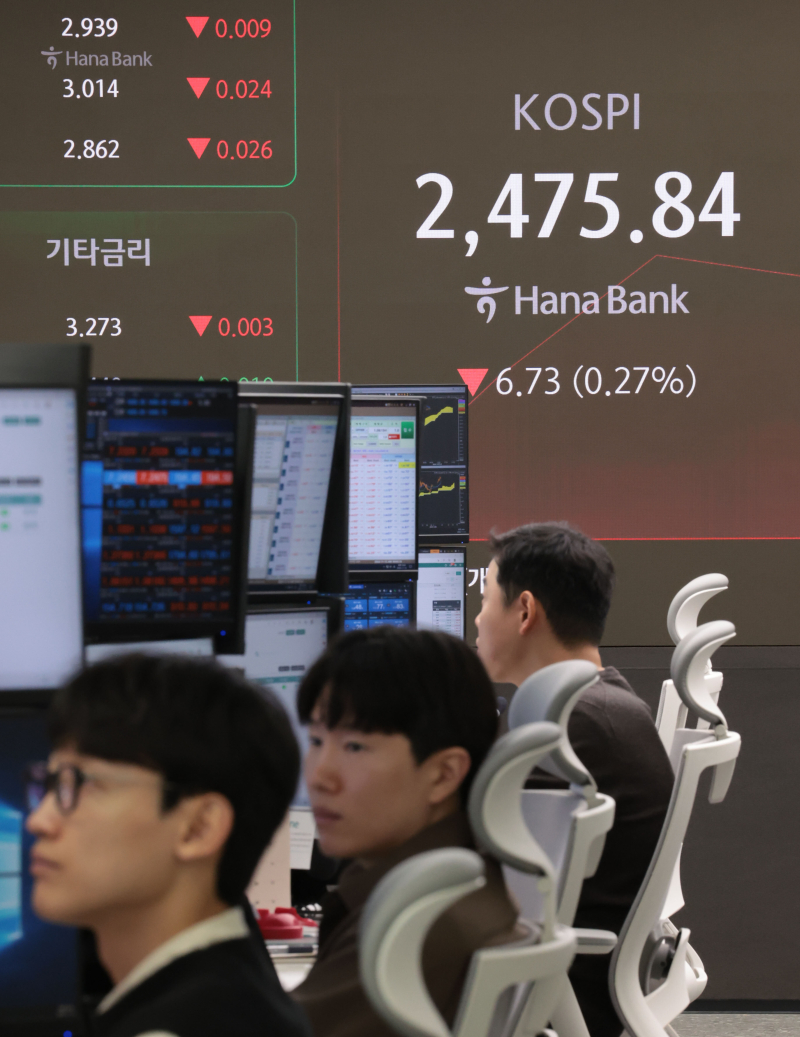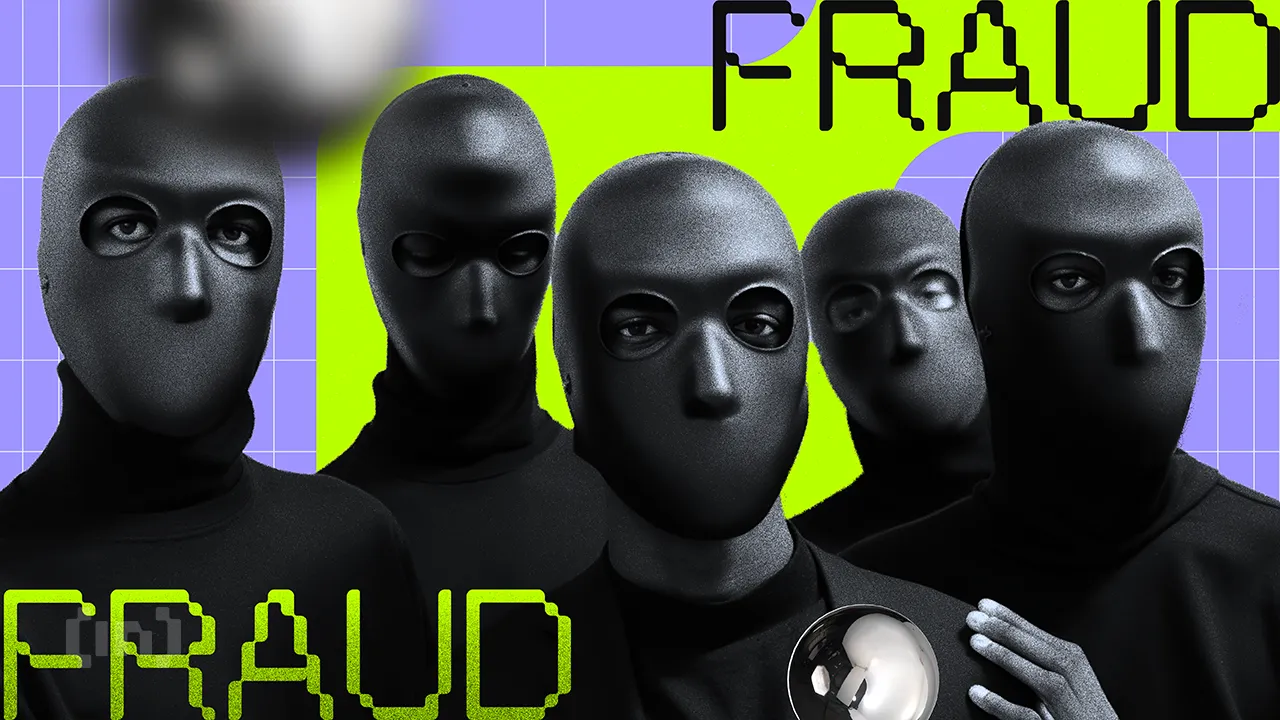World stock market and coin ‘Trump rally’… Only Korea crashes
“Trump policy is not only advantageous to the U.S. stock market.”
On the 12th, KOSPI closed at 2482.57, down 49.09p (1.94%). KOSDAQ closed at 710.52, down 18.32p (2.51%). The won-dollar exchange rate exceeded 1,400 won based on the closing price for the first time in two years. The photo shows the dealing room at the main branch of Hana Bank in Seoul on this day.[사진 연합뉴스]
[이코노미스트 송현주 기자] As the domestic stock market has continued to weaken since the US presidential election, skepticism about the ‘Director General’ (domestic stock market) is spreading again. While the U.S. stock market is carrying out a ‘Trump rally’, there is a lot of screaming in the domestic stock market, with the KOSPI 2500 line and KOSDAQ 700 line broken, and the ‘leading stock’ Samsung Electronics under threat of the 50,000 won level. The withdrawal of investors who were disappointed with KOSPI, which was stuck in a trading range for a long time, appears to be accelerating their withdrawal from the stock market.
According to the Korea Exchange, on the 14th, KOSPI rose slightly from the previous day and closed at 2,410. On this day, KOSPI finished trading at 2,418.86, up 1.78 points (0.07%) from the previous trading day, rebounding after 5 trading days. The index started at 2430.26, up 13.18 points (0.55%) from the previous day, fluctuated within the range, and closed slightly higher in the second half of the day.
In fact, our country was alone in the sluggishness of the global stock market boom. This year, major countries all rose significantly, including the U.S. Dow Jones 30 average 16.51%, Standard & Poor’s (S&P) 500 25.45%, Nasdaq 28.45%, Japan’s Nikkei 225 16.55%, China Shanghai Composite 15.03%, and Hong Kong Hang Seng H 23.55%. However, KOSPI was left out at -6.50% and KOSDAQ at -18.01%.

On the morning of the 13th, the KOSPI index and other indicators are displayed on the electronic display in the dealing room of Hana Bank’s main branch in Jung-gu, Seoul. On this day, the KOSPI index opened at 2468.27, down 14.30 points (0.58%) from the previous trading day, and the KOSDAQ opened at 708.52, down 2.00 points (0.28%). [사진 연합뉴스]
As the Korean stock market is being ignored by global investors, a vicious cycle is occurring in which individuals are moving to the U.S. stock market and cryptocurrency market one after another. On the 8th, Seohak Ant’s US stock holdings ($102.4 billion) surged 12.51% compared to the end of last month. During the same period, the price of Bitcoin soared by more than 30%. As Trump is expected to introduce policies friendly to the cryptocurrency market, Bitcoin market capitalization has surpassed the domestic stock market market capitalization. On the other hand, the size of domestic stock market customer deposits fell below 50 trillion won.
Accordingly, stock market experts offered advice: “Now is the time to be courageous in the Korean stock market and fearful in the American stock market.”
Seung-Hwan Yeom, director of LS Securities, said, “Trump’s policy is not necessarily advantageous to the U.S. stock market,” and added, “When tariffs were imposed on China in the second half of 2018, the U.S. stock market fell.” He continued, “This is because concerns about an economic downturn have increased due to a decrease in consumption due to the burden of high prices due to the imposition of tariffs,” and “Apple and Tesla are companies with a high proportion of business in China, and decoupling with China is important for companies that are doing business in China.” “It’s a burden,” he added.
Director Yeom said, “More than anything, the positive aspects after Trump’s election have already been reflected,” adding, “The NASDAQ has risen a whopping +29% since the beginning of the year. “The S&P 500 PER is expensive, exceeding 22 times.” He continued, “Warren Buffett, who well informs the direction of the market, is known to have the largest amount of cash ever, at $325.2 billion,” and added, “Because he held a lot of cash and was good at protecting against risks even before the 2008 financial crisis, Warren Buffett’s excessive cash holdings are a negative factor in the market.” “It’s a warning sign,” he diagnosed.
ⓒThe Economist (Unauthorized reproduction and redistribution of ‘The Economist’s economic news for tomorrow’ is prohibited.

